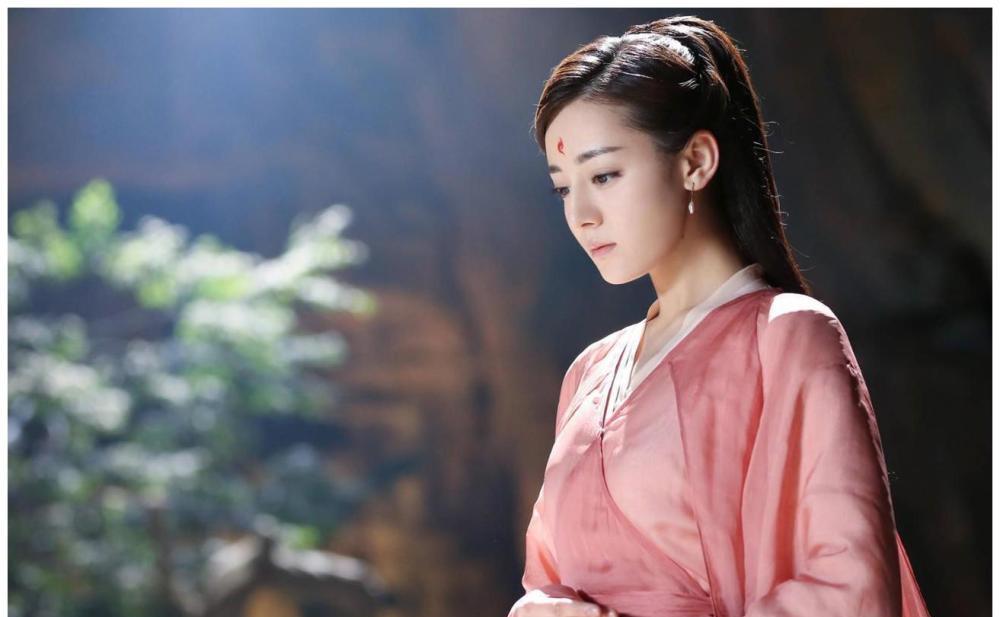Lu Zhen (陸贽), courtesy name Jingyu, was a famous politician, writer, and political commentator during the Tang Dynasty. Before he was born, the family had declined, and his father died early, so Lu Yan had been taught to grow up by his mother Webster when he was a child. He is talented, hardworking, studious, independent and distinctive.

In 771, at the age of eighteen, Lu Zhenzhongjinshi (陸贽中進士), who had passed the Erudite Hongxue Examination, was awarded the title of Lieutenant of Zheng County, Huazhou. However, not long after he became a county lieutenant, he was dismissed for some reason, and now there is no way to investigate. However, Lu Yan did not give up his future, and after returning to his hometown, he still studied and studied, and at the same time, he would also chat with some officials about what he had seen and done during his official period. Later, by chance, Lu Zhen relied on his outstanding ability to write sentences and sentences, and was appointed as the chief bookkeeper of Weinan County, and later moved to the post of inspector of imperial history.
After Emperor Dezong of Tang ascended the throne, when he saw Lu Zhen lobbying emissaries with the "Five Arts," "Eight Counts," "Three Disciplines," "Four Endowments," and "Six Virtues" during a tour of the world, he admired his talents very much. In fact, as early as the time of the crown prince, Li Shi had already heard of Lu Yan's reputation, and he did not expect that when he saw him, his good feelings would be even higher. Therefore, Tang Dezong appointed him as a Hanlin scholar and transferred him to the shrine staff.
Lu Zhen was a man of great loyalty and dedication, and after taking up the position of close attendant, he was grateful that Emperor Dezong reused himself and wanted to repay him with something effective, so the lack of political affairs, no matter how big or small he must state, was the same, and Emperor Dezong treated Lu Zhen more kindly. The relationship between the two was very good, and in the difficult days, although there was a prime minister, no matter how big or small, Dezong would definitely consult with Lu Zhen, who at that time was called "Internal Minister". Moreover, no matter where Emperor Dezong went, Lu Zhen would definitely accompany him.
However, the companion is like a companion tiger, because Lu Zhen has a straight temperament, often speaking bluntly in front of Dezong, and sometimes it is inevitable to go against Dezong's will. Once Lu Zhen vigorously sued the traitorous minister Lu Qi, although Emperor Dezong demoted Lu Qi to an official, he was very unhappy in his heart. This may also be one of the reasons why Lu Yan has always been able to receive great favor and knowledge from Emperor Dezong, but has not served as prime minister.
Lu Zhen's integrity also made many high-ranking officials dissatisfied with him, especially dou san, the current chancellor, and the relationship between the two was not harmonious. Later, Lu Yan repeatedly reported Dou Shen's corruption and bribery to Emperor Dezong, and eventually Dou Shen was removed from his position, and Lu Zhen worshiped Zhongshu Shilang and Tongping Zhangshi and became prime ministers. He did not last long as chancellor, but during his reign he was disciplined, self-disciplined, and far-sighted. He was good at foresight, took appropriate measures, and tried to turn the crisis around, and the crumbling situation of the Tang Dynasty was able to turn the crisis into safety.
And Lu Yan's over-bluntness made many people in the imperial court dissatisfied, and after he became the prime minister, some other people gritted their teeth and wanted him to fall from this position. Some traitors desperately tried to slander Emperor Dezong in every way. In the end, Deokjong was deposed and demoted to Chungju.
Later, when Emperor Shunzong of Tang ordered Lu Yan to return to the throne, the summons had not yet been sent to the debasement office, and Lu Yan died. Now the ruins of Lu Yan's tomb are in Huimin Town, Jiashan County, Zhejiang Province, and his books have also been handed down. The idiom we often use today, "extenuating circumstances," also derives from the edict he drafted.
References: Old Book of Tang, New Book of Tang